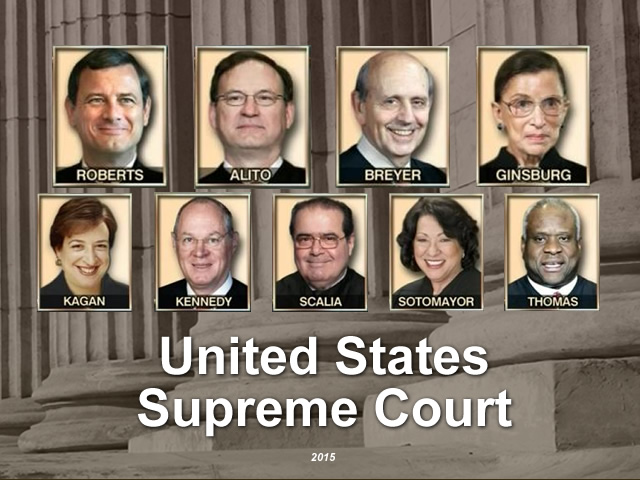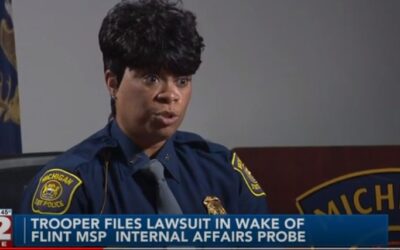Where The Rubber Meets The Road…
The Supreme Court ruled 6-3 on Tuesday April 21, 2015 that the Constitution forbids police from holding a suspect without probable cause, even for fewer than 10 extra minutes.
Writing on behalf of the court, Justice Ruth Bader Ginsburg declared that the constitutional protections against unreasonable search and seizure prevent police from extending an otherwise completed traffic stop to allow for a drug-sniffing dog to arrive.
“We hold that a police stop exceeding the time needed to handle the matter for which the stop was made violates the Constitution’s shield against unreasonable seizures.”
The Rodriguez cases is important in the ongoing line being drawn between citizens living in a democracy based upon freedom and the governments interest of protecting the safety and wellbeing of the public. All too often we get calls involving police encounters during a traffic stop. Traffic stops in certain situations can and will lead to searches of vehicles, depending on many factors. Prior to the Rodriguez case, the bright line rule had been that the traffic stop may extend only as long as it was necessary for the reason for the traffic stop to be completed ( writing a ticket, giving a warning etc..). The purpose of a traffic stop is not and should never be to investigate a person unless there is some suspicion of a crime afoot. Sometime in traffic situation, and because drivers are unaware of their legal obligation during a traffic stop, often times the police can and will take advantage of these situations, detain the driver longer than they need to be detain, and utilize that time to try to find probable cause of some crime.
Rodriguez v the United States puts an end to that type of police work. After the traffic stop had been complete with Rodriguez, the Nebraska Trooper asked if he could walk his drug sniffing, k-9 around the vehicle. To his credit, Rodriguez stated no, the trooper nonetheless searched the exterior of the vehicle for 7-8 minutes while awaiting back up to arrive. After the k-9 allegedly hit on the vehicle, a search of the vehicle revealed large quantities of methamphetamine, and Rodriguez was arrested and charged. It is important to note that the entirety of the traffic stop lasted less than 30 minutes.
In suppressing all the evidence (the methamphetamine) that was a result of the traffic stop and search of the vehicle, the United States Supreme Court found that search of Rodriguez’s car was illegal, and the evidence gathered in it should not be used at trial. While officers may use a dog to sniff around a car during the course of a routine traffic stop, they cannot extend the length of the stop in order to carry it out.
“[T]he tolerable duration of police inquiries in the traffic-stop context is determined by the seizure’s ‘mission’ — to address the traffic violation that warranted the stop,” Ginsburg ruled. “Authority for the seizure thus ends when tasks tied to the traffic infraction are — or reasonably should have been — completed.”
In its dissenting opinion Justices Clarence Thomas (writing for the dissent), Samuel Alito and Anthony Kennedy disagreed with the ruling, taunting the majority opinion by stating “Had Officer Struble arrested, handcuffed, and taken Rodriguez to the police station for his traffic violation, he would have complied with the Fourth Amendment. “But because he made Rodriguez wait for seven or eight extra minutes until a dog arrived, he evidently committed a constitutional violation. Such a view of the Fourth Amendment makes little sense.” Justice Thomas argued the majorities ruling makes meaningless the legal difference between “reasonable suspicion”- which does not authorize a search of someone’s property and “probable cause” which does and arguing that police can reasonably detain people to investigate other possible violations of the law.
Read the decision here
Rodriguez-v-United-States-USSC-2015.pdf
Rodriguez v United States – USSC-2015 Petition Brief.pdf








